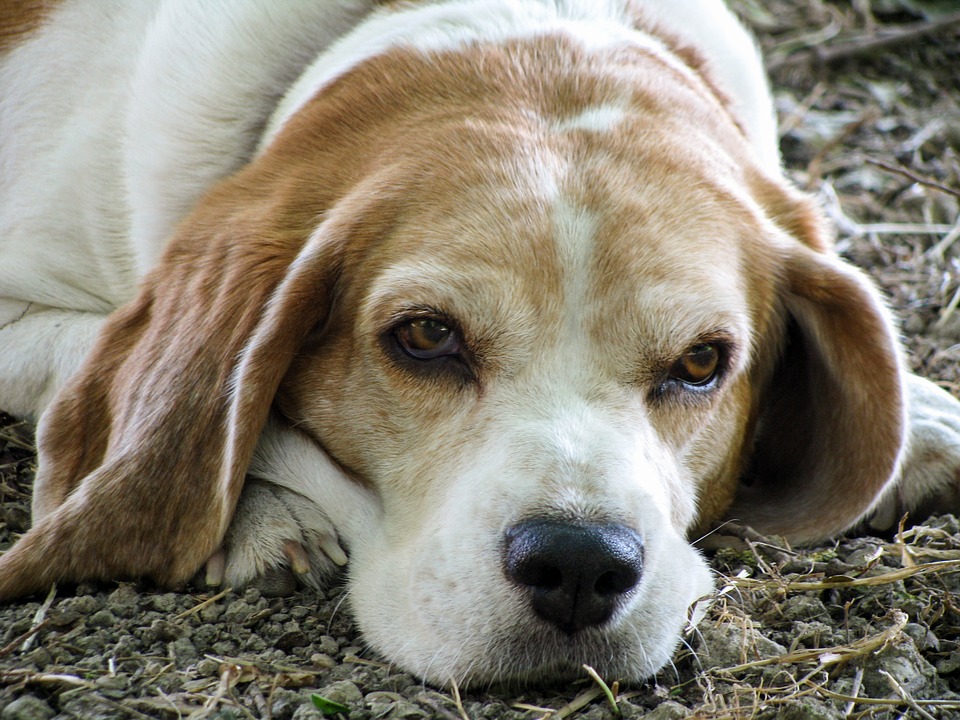
Caring for senior dogs can be challenging. Like human beings, senior pets require a lot more attention and suffer from low energy levels. This obviously means that your furry pal will probably spend more time napping and less time exploring the outdoors. To make the process easier, here are some tips that will help take care of your senior pet:
Unfortunately, as your pet ages, they become susceptible to a number of illnesses and age-related diseases. Not to mention, some of these symptoms can be subtle, making them easier to miss. To ensure your pet stays healthy, make regular trips to the vet for frequent exams and blood tests. Also, don’t miss routine check-ups and stay alert. Even the slightest changes in your pet’s energy level, appetite or behavior can indicate an illness. All senior pets are encourages to stop by at the veterinarian every six months.
Invest in high quality dog food that won’t compromise your senior pal’s health. Avoid packaged foods that are loaded with chemicals, artificial preservatives and food colorings. If you have the time, consider preparing homemade for your pet. They may seem like a hassle but we assure you that you’ll be thrilled by the many health benefits.
 Did you know that obese dogs are most likely to suffer from conditions such as skin disease, cancer, heart problems and more. To ensure your dog is getting plenty of vital vitamins and minerals, contact your veterinarian and ask him to recommend an appropriate diet for your dog. You must be especially careful when planning out a diet for your obese dog so that they are able to undergo weight loss whilst getting proper nutrition. For example, obese dogs are likely to benefit from a diet that is low on calories and high in L-carnitine.
Did you know that obese dogs are most likely to suffer from conditions such as skin disease, cancer, heart problems and more. To ensure your dog is getting plenty of vital vitamins and minerals, contact your veterinarian and ask him to recommend an appropriate diet for your dog. You must be especially careful when planning out a diet for your obese dog so that they are able to undergo weight loss whilst getting proper nutrition. For example, obese dogs are likely to benefit from a diet that is low on calories and high in L-carnitine.
Consider revamping your space and offering your pet special accommodation. For instance, if your senior pet suffers from arthritis, he may benefit from a new extra soft bed with special padding. You can also set up ramps to make it easier for your pooch to climb the stairs. Covering hard surfaces with paddings and soft rugs is also a good idea if your dog has weak joints. This will put less pressure on their legs, making it easier for them to move around.
Exercise is important no matter how old your dog is. However, remember to tailor your dog’s exercises according to their individual needs. For instance, if you have a large breed, a walk around the block would be sufficient enough. However, the same distance might not be appropriate for a smaller dog such as a Chihuahua. If your senior pal is having a rough time getting active again, start slow and increase the intensity accordingly. You may have to consult a veterinarian to ensure you don’t tire out your pet.
Old age can make your dog susceptible to a number of periodontal diseases. Brush your pet’s teeth every day or consider professional cleaning if you notice signs of dental problems. If your dog is not too keen about brushing, buy dental treats and toys that will keep your canine’s pearly whites in check. Also, eliminate foods that may lead to poor dental hygiene.
Follow these guidelines to care for your pet. If you have any more questions, it is essential you reach out to a veterinarian for professional help.